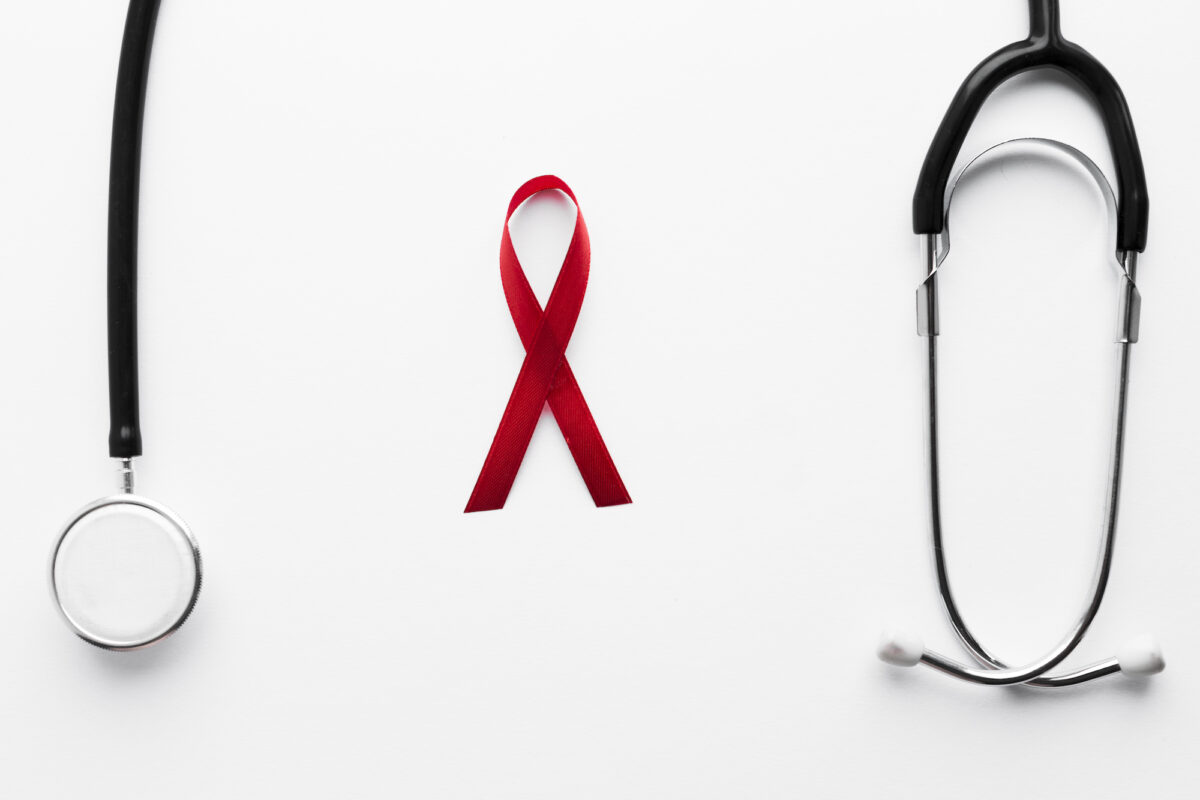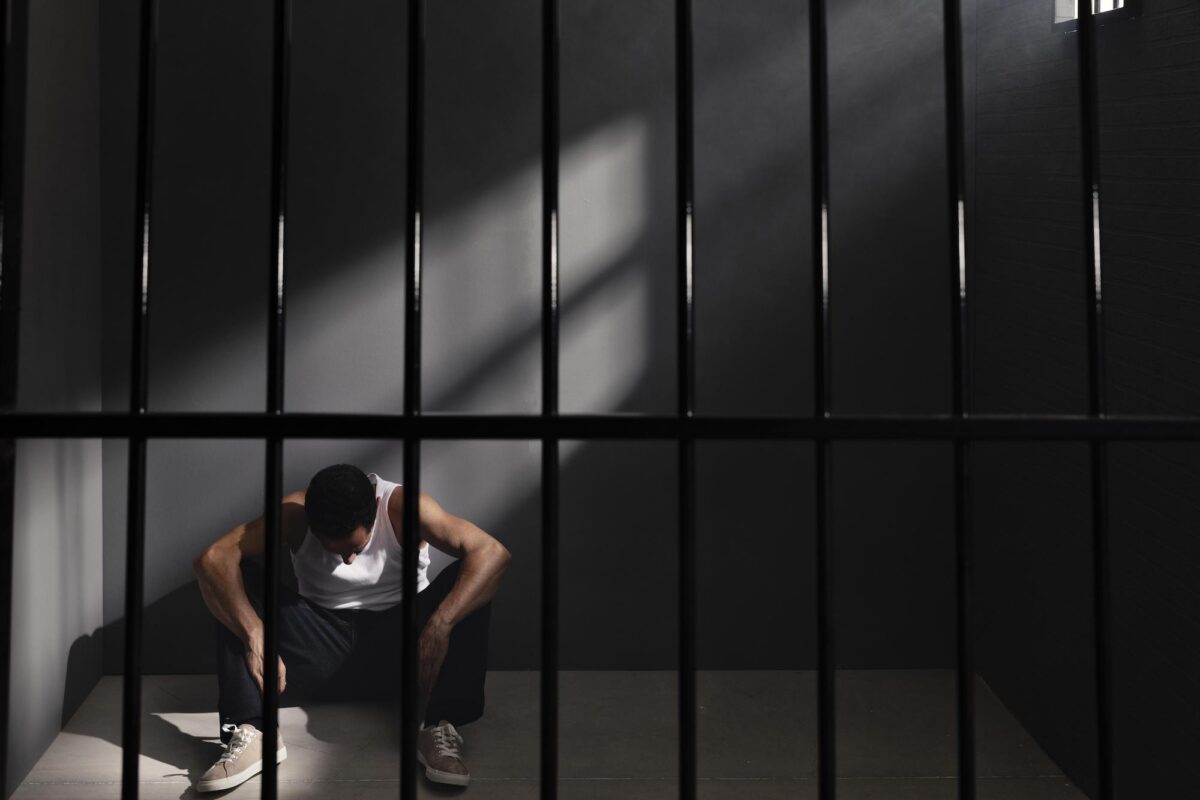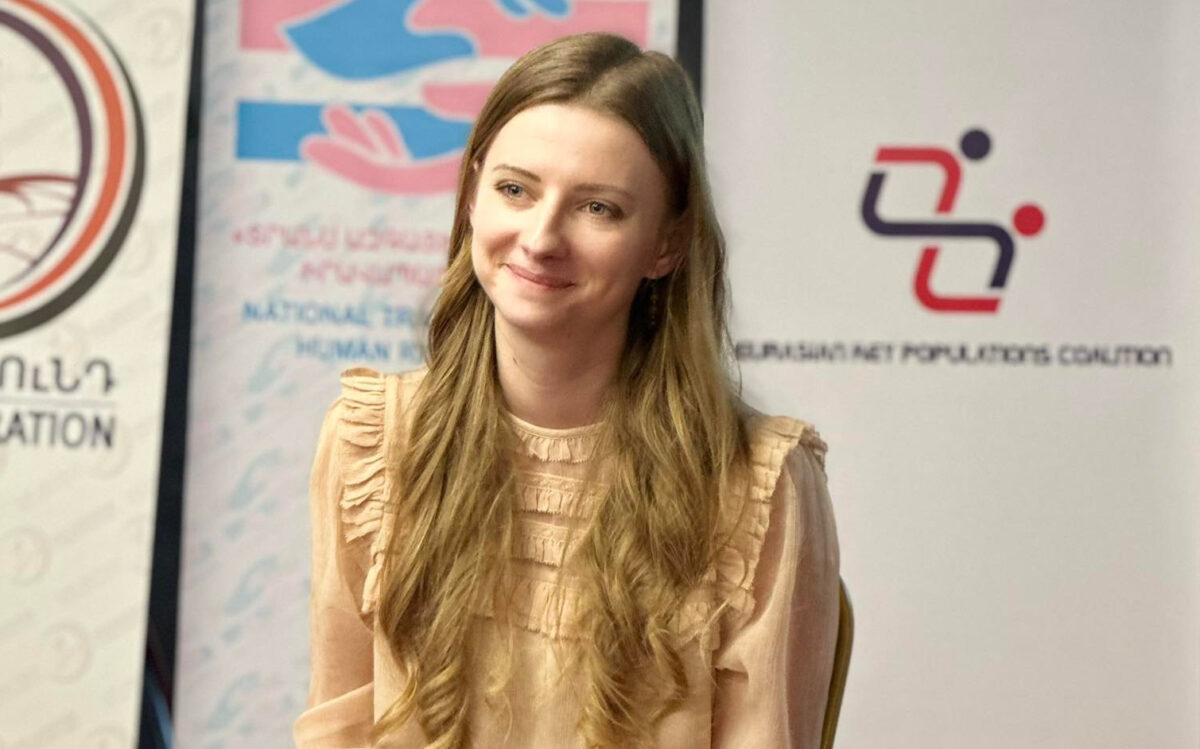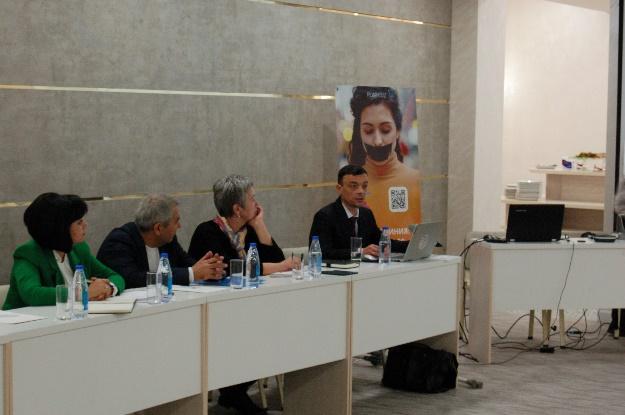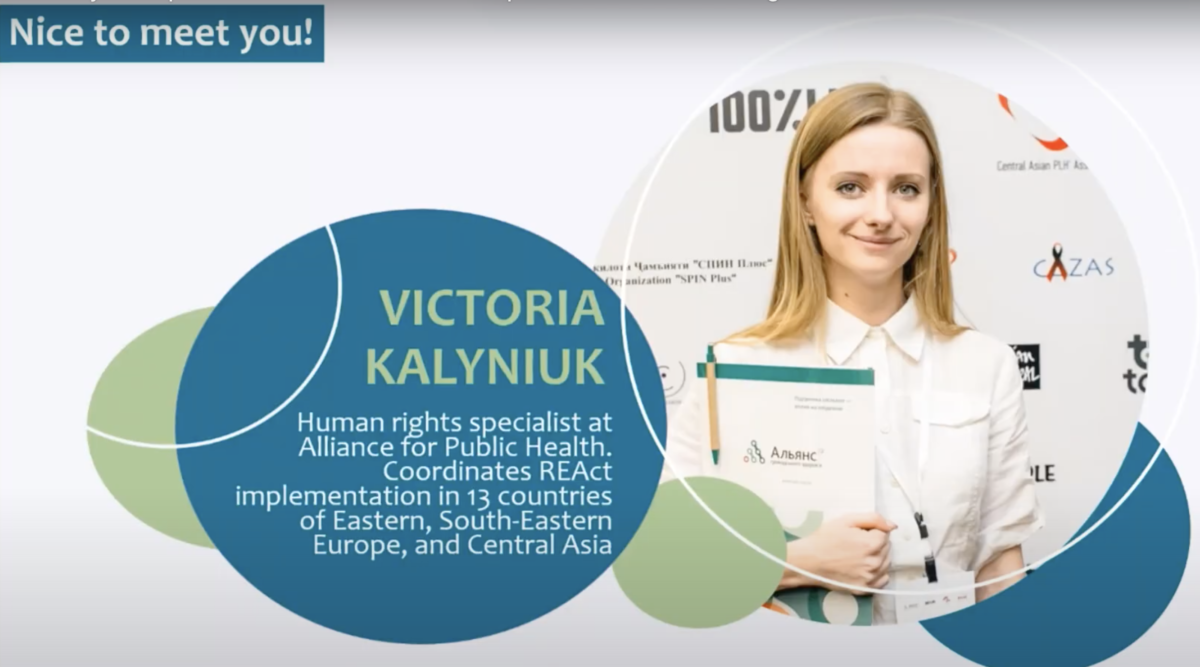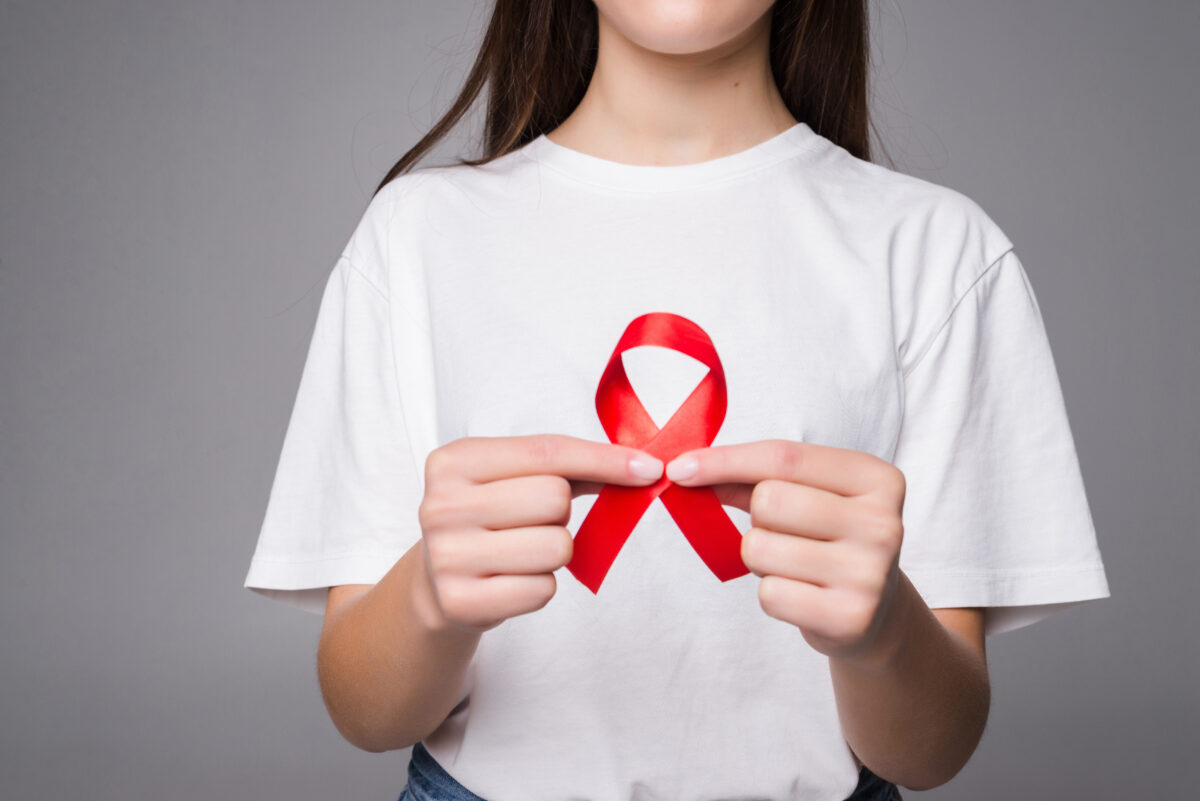On November 9, 2018, the United Nations Committee on the Elimination of Discrimination Against Women (CEDOW) issued recommendations to Tajikistan, noting that contrary to the Committee’s proposal to abolish punishment for sex work, reports of intimidation, harassment, and violation of the rights of sex workers have increased. These women are being repressed for their work because of the “undermining of traditional values”. Moreover, administrative responsibility for this activity was also toughened (fines increased or arrests up to 15 days) as a necessity for the “fight against prostitution” and against the spread of HIV.
Society does not want to open its eyes to the fact that this is nothing more than a stereotype – according to the National Program to Combat the HIV Epidemic for 2017-2020 HIV prevalence among female sex workers was only 3.5%! And the main route of transmission of the virus in the country is heterosexual sexual intercourse (in some regions, the proportion of such cases has reached 70%). But for most law enforcement officials, medical center employees, and even acquaintances and relatives, sex work is a stigma and an evil that brings problems, and it should be punished. And the methods chosen for this, at times, turn out to be far beyond the legal field.
However, even given such unfavorable conditions, REActors in Tajikistan manage not only to record the facts of violations but also successfully help sex workers overcome the problems that have arisen and assert their rights.
“We all know about you!”
In January, one of the REActors received a call from Aziza (name changed). The girl was previously a sex worker, but at the time of the conversation she no longer provided services, lived in a hostel with a small child, and earned money by cleaning houses. One evening, two police officers came to them and asked the watchman to call Aziza. When the client asked what they needed, law enforcement officials began to intimidate the girl, saying that they knew about her positive HIV status and what she had been doing before. Further, blackmail began – either publicity or work for them and revealing the names of other sex workers. Aziza said that she had not provided sex services for a long time and could not know anyone. Then the police began to interrogate where and from whom she got infected, and who was her former clients. The client said she did not know this and was not going to talk to anyone. In response, threats followed, up to the initiation of a case for prostitution and deprivation of child custody. Not surprisingly, the next day, the girl took her daughter and ran away from the hostel. Having recorded everything, the REActor asked for the telephone number of the policemen who had come and called them. Introducing himself, he explained that he could follow their similar actions. Initially, they behaved aggressively, also threatening to be held accountable for aiding and concealing data. But when the paralegal said that they, too, had justice through complaints and statements to the Prosecutor and the police chief, they asked for a meeting. Then there were threats again, but the REActor insisted on his own. Hearing this, the self-defense method worked for the employees of the authorities, and they offered to call Aziza to meet all together and discuss further actions. On the spot, the client and the policemen gave their word that they would no longer interfere in her life and would not disturb the girl.
“I want to be with you so much…”
The REActors hotline received a call from Gesu (name changed). The girl asked for help – she was publicly beaten for being engaged in commercial sex. In a personal meeting, the client said that she had recently been with a young man. He liked her, and the guy offered to be with him all the time but was refused. Repeated attempts to again attract the girl to intimacy also turned out to be fruitless. One day the guy saw Gesa with another young man. After that, choosing the moment when she was returning home from her friend alone, he, along with a friend, blocked the path and the men began to pester her. The client asked to be released and tried to run away, but they started beating her. A woman was walking nearby, saw this, and called her neighbor, a district police officer in another territory. Upon arrival, the policeman smelled alcohol, began to separate them, but blamed Gesa for everything! Instead of detaining the rapists and fixing the violation, a law enforcement representative reproached that she had already been caught by the police once. Then he asked everyone to disperse and warned the girl that if this happens again, he will take her to the department.
The girl left in tears and beating. And then her call to the REAct hotline sounded. The paralegal immediately offered Gesа his help, contact the forensic examination and remove traces of beatings. He agreed. Together they underwent an examination in a forensic medical examination, took a conclusion, and then went to the police station and wrote a statement. He was registered, and at the same time, the client gave testimonies against the district police officer, who ignored the fact of the offense. The next day, Gesa was summoned to the police department. They drew up a protocol and opened a criminal case against the rapists. And the situation with the district police officer was taken under control by those responsible for the internal investigation.
Said, REActor, Tajikistan: “By proving the correctness of clients and the wrongdoings by the police, you become an experienced and authoritative defender of the rights of key groups. But you must remember that you need to speak with representatives of the authorities in the language of substantiated facts, then you can agree. The REActor must understand the differences between offenses and ordinary cases – I will not hide that each policeman, before starting a substantive conversation, first assesses the level of my knowledge. But for myself, I made a rule: once you start to defend, then fight to the end. Otherwise, you will lose both trust and authority.”
Sex work is an activity like any other that requires acceptance and respect. And its representative – respect for the rights and non-discrimination to himself/herself and his/her choice.
Also read:
Spread of panic and false information about the increase in the number of people infected with HIV in Zaječar
The first judgment for discrimination based on sexual orientation in Bosnia and Herzegovina








